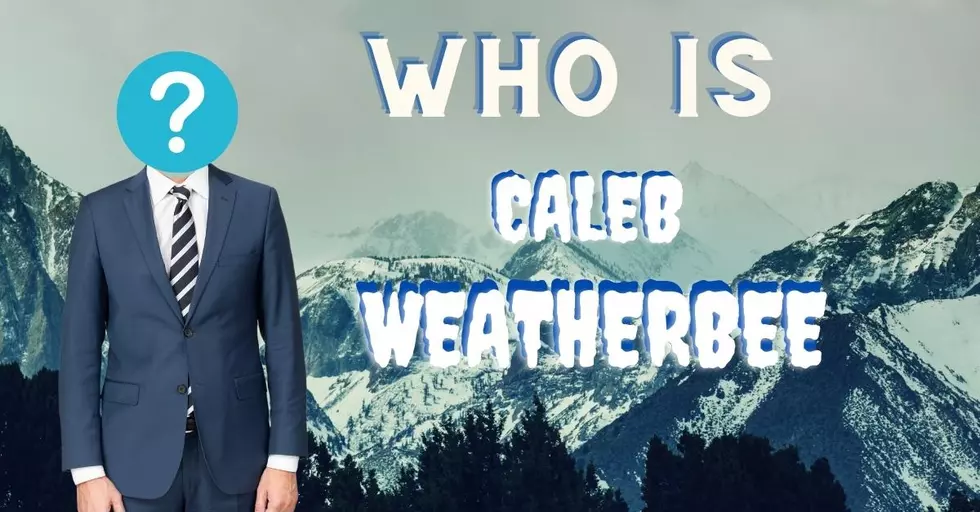
Who exactly is Caleb Weatherbee?
Generations of families have trusted Caleb Weatherbee since 1818.
Well, that’s not exactly true. They have trusted the name Caleb Weatherbee, which is actually a pseudonym, used for the team of weather forecasters that are responsible for predicting each year’s weather patterns for the Farmers Almanac. The Almanac itself dates to 1818 when the forecasting was originally developed by the Almanac’s first editor David Young. Mr. Young came up with a set of rules dictated by astronomy and math to make his yearly predictions. That formula was followed for nearly four decades until the passing of David Young in 1852, when Samuel Wright became the second editor of the Almanac.
In 1870 the Almanac released it’s 52nd long-range forecast, the same year the National Weather Service was founded. Let's get back to Caleb Weatherbee, why the pseudonym? It was started in 1983, to protect the individual(s) that are responsible for each year’s forecast.
If we are to believe Mr. Weatherbee, we had better stock up on long johns and hot chocolate! According to the Almanac’s extended forecast Montana, Wyoming, and the Dakotas could see record-breaking cold temperatures this coming winter. The Almanac says that our December looks to be stormy and cold. The first two weeks of the new year look to bring heavy snow to the entire Rocky Mountain region. Overall Caleb Weatherbee is saying that we will have a very white winter, with above-average snowfall. So, break out the snow shovels.
Let’s talk accuracy. The Almanac has been publishing it’s long-range forecast for 204 years, and there is a reason people rely on it. Years ago, Ray Geiger, who was editor of the Almanac for some 60 years, was quoted as saying “that we are 80% accurate”. Which seems incredible to me! He went on to say that some years their batting average was a bit lower, but that there were years where it was higher as well.
I grew up in a family that relied on the forecast provided by Mr. Caleb Weatherbee, and if he’s hitting 80%, I’m a believer too.
More From 92.5 KAAR Country









